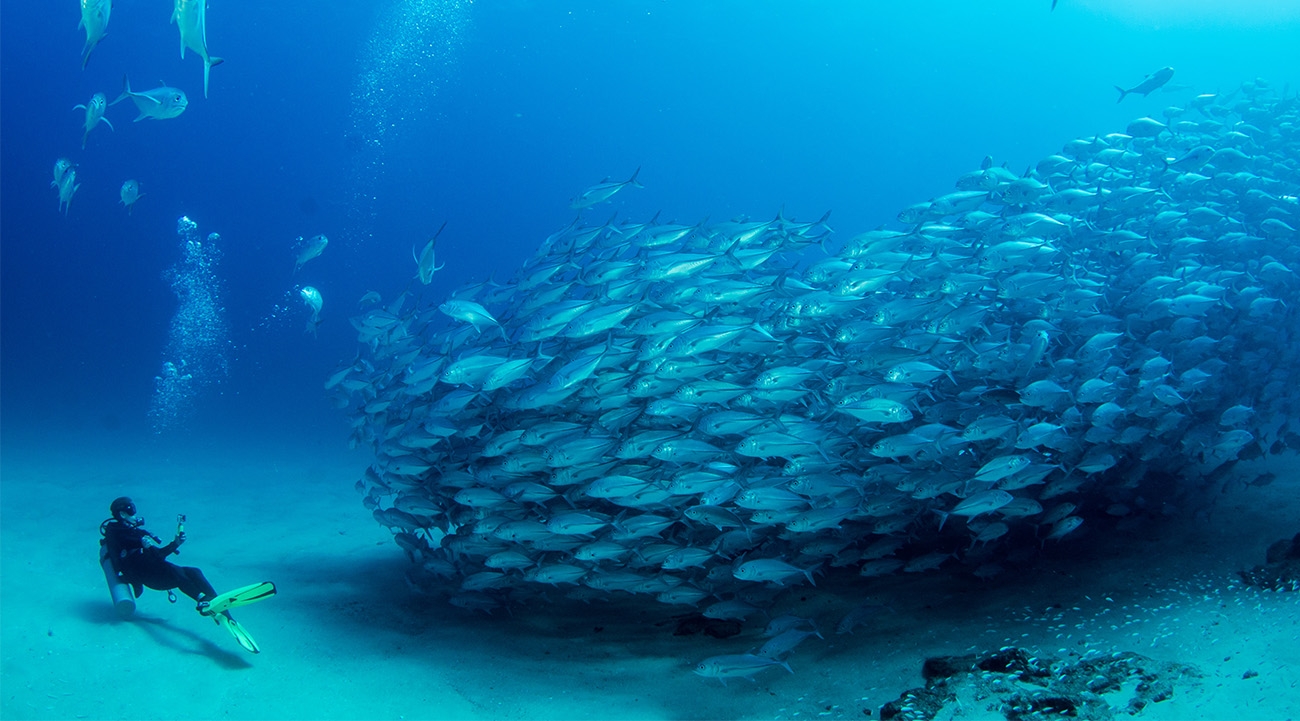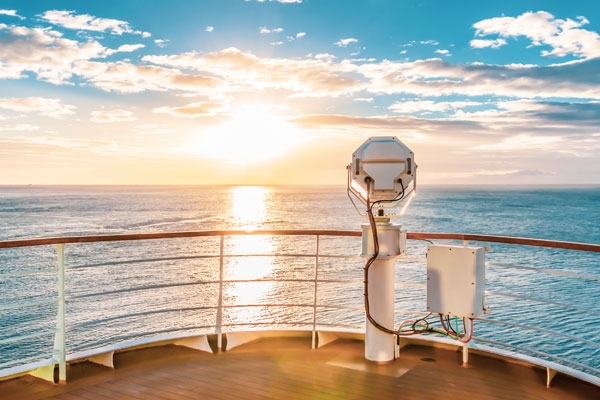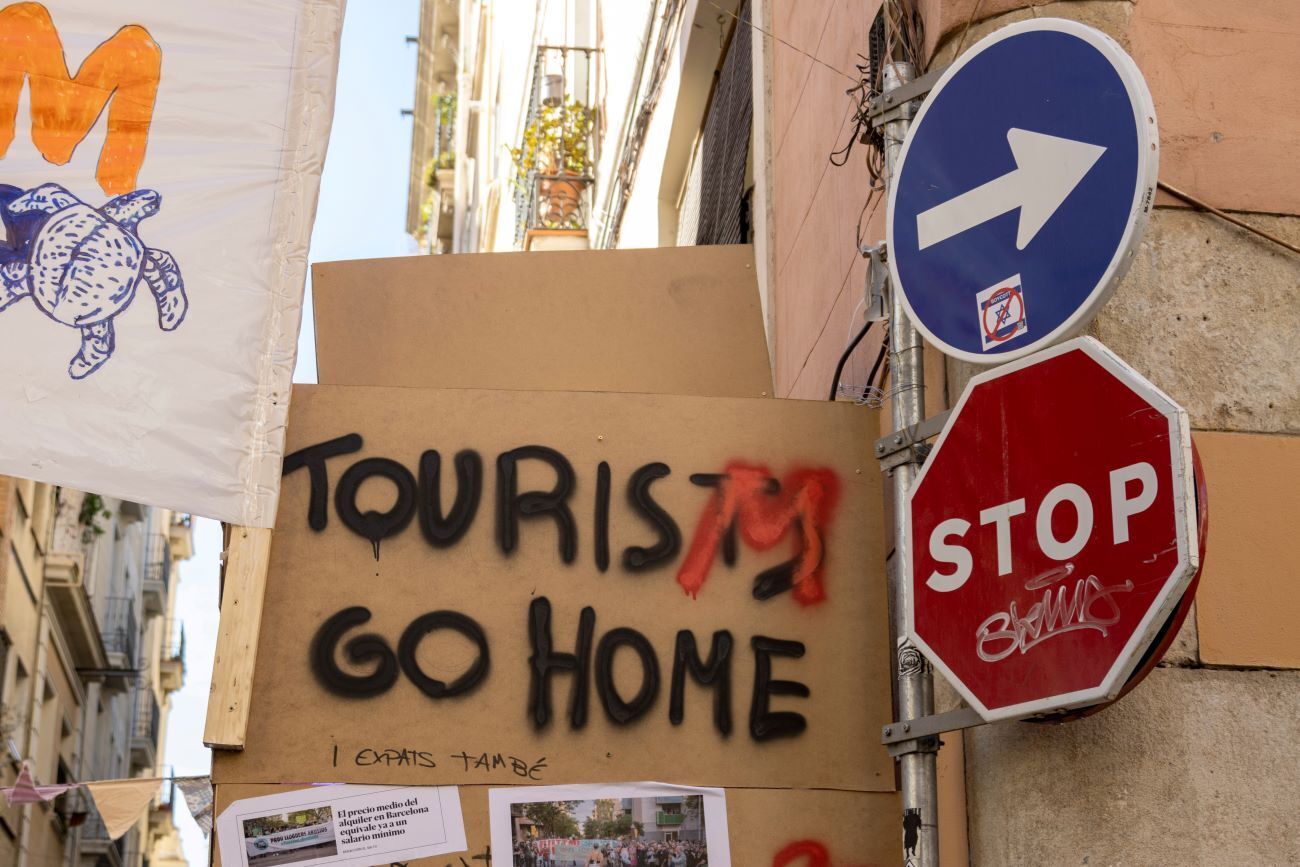In Focus: Why all brands should be investing in accessible travel
Government statistics suggest there are about 16 million people living with disabilities in the UK, representing 24% of the population. Just like everybody else, they want to travel. Far from a niche sector, this is a community with both influence and spending power, yet it’s currently extremely underserved. The luxury sector in particular claims to be experts in intuitive, personalised service, but how far are brands going to ensure those with both visible and hidden disabilities are receiving a five-star experience – and, more importantly, how do we improve?
Educating the industry
Leading industry experts agree conversations around inclusivity have heightened in the past few years, but say a gap still remains when it comes to tangible results. “I don’t think the industry has embraced disability; I think there’s still a stigma,” says Alison Pearson, head of travel services and support at luxury agency Inclu Travel, where she works with both case managers and clients to arrange high-end holidays for those with disabilities. “There are a lot more conversations that need to be had and the industry still needs educating,” she says. “I definitely think it is talked about a lot more now but I still feel [there are misconceptions]. Disability doesn’t just come from an injury, people become disabled by ageing as well. And it’s not just regarding mobility problems. There’s a whole spectrum [of disabilities], from autism to hearing and visual. The more it’s talked about, the more people will become engaged. I think [the problem] is fear – people are frightened of getting it wrong.”
The agency recently introduced IncluCare Verification, a stamp of approval for preferred partners who embrace what it terms “conscious inclusivity”. Businesses must demonstrate an investment in equipment and modifications, and put their staff through Inclu’s disability awareness training. The agency says the verification allows brands to “manifest trust and confidence in an incredibly competitive environment” and distinguish themselves as inclusive “leaders”, attracting “a totally new and loyal client following who would otherwise simply stay at home”. Inclu Travel recently verified its first hotel, Amilla Maldives, and has ambitions to create a portfolio of Inclu-verified brands.
“The team at Amilla have gone through training and the property has equipment like beach wheelchairs – they’re now very confident dealing with any type of guest,” Pearson says. “If they can do it in the Maldives, why are we not doing it everywhere else?” Specialist operator Enable Holidays also audits all of its supplier partners to ensure they meet stringent requirements for travellers with greater needs, and insists inspections must go beyond assessing facilities such as ramps and lifts.
“We always like to give clients something different, so in certain areas you’ve got accessible golf, scuba diving or paragliding,” general manager Ben Kirby says. “We have wheelchair users that are adrenaline-junkies and they want to have the same experiences [as everyone else].” The community shouldn’t be underestimated. Pearson says her affluent client base would rather splash out on one or two luxury holidays a year than several mediocre ones. The benefit for the brands getting it right? All-important loyalty.
High-value bookings
“I had a large booking travelling last Christmas in the UK and it was such hard work,” Pearson says. “It was a £30,000 booking and we had three accessible rooms, but there was no hoist for them to get into the pool – in a five-star spa. It’s so wrong. They just don’t get it. That client would’ve gone back year after year.” She adds: “I also don’t think I’ve ever just booked one room for a client. There’s always a minimum of three or four rooms because they’re travelling with carers and extended family members.”
One brand reaping the rewards of an inclusive mindset is Àni Private Resorts, a collection of exclusive-use coastal retreats across Thailand, Sri Lanka and the Caribbean. “Our owner is a paraplegic, and he was heavily involved in the design of all our resorts, ensuring that the luxury aesthetic is never compromised,” says chief marketing officer Henny Frazer. “Pool hoists are also available, and modifications are made in any space that isn’t fully accessible by default. We always think how we can make each guest’s experience joyful, so the design of each resort has always been through our owner’s eyes.”
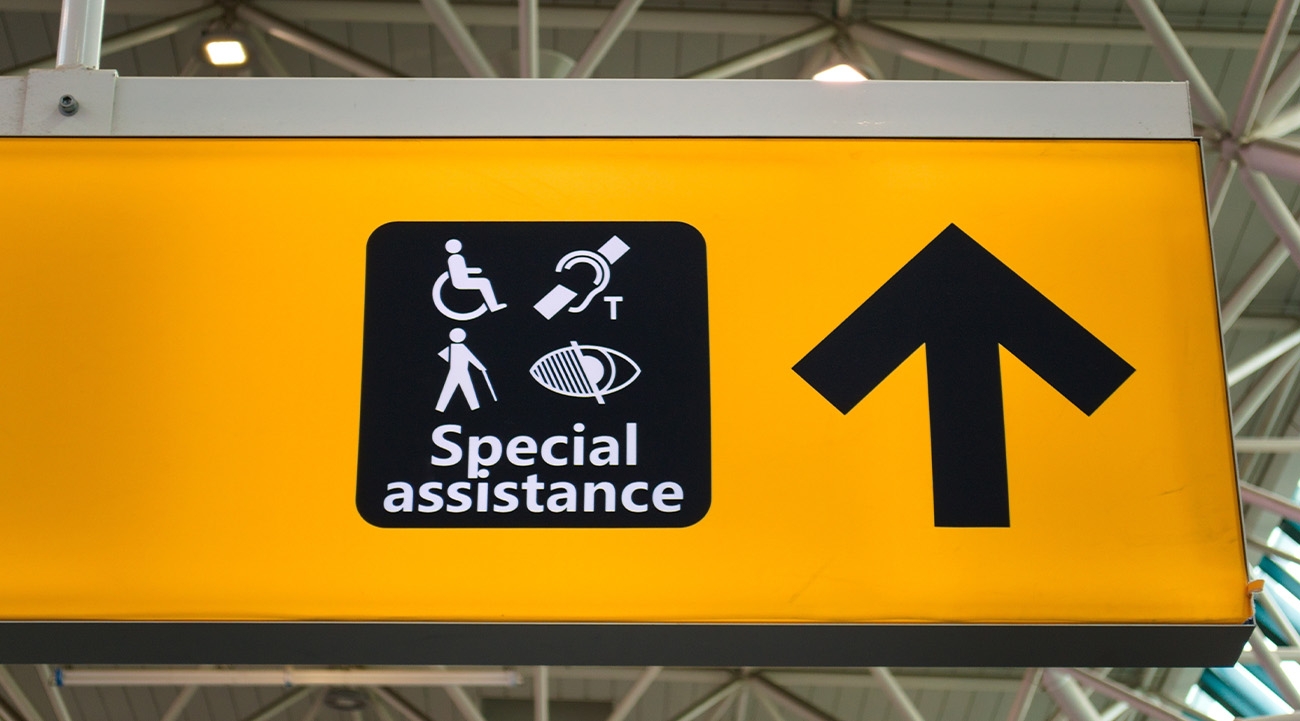

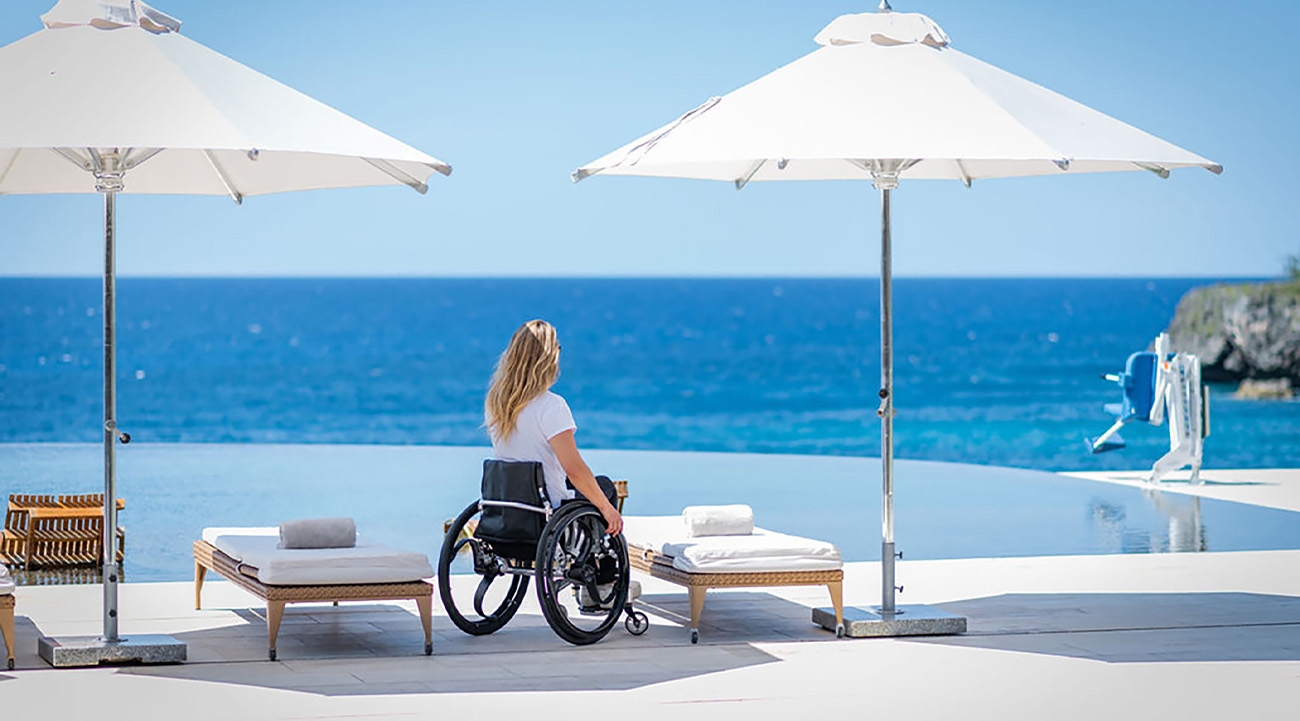
Challenges to overcome
Of course, major issues remain. While some brands are getting it right, others are lagging behind. Airlines and transfer services are often cited as poorly serviced sectors, but Pearson says a major problem also lies in properties not being able to hold accessible rooms – a major roadblock for those travelling with disabilities. Kirby claims many hotels simply don’t have enough adaptive rooms to start with. “The difficulty sometimes is that, country to country, it’s different,” he says.
“Legislation in some destinations means you only have to have one adaptive room in your hotel and so sometimes it’s more of a box?ticking exercise rather than actually in consideration of the customer.” But demand is growing. Kirby says Enable Holidays has seen a rise in younger people using its services and describes the demographic as a “big growth opportunity” for the trade.
Inclu co?founder and chief executive Richard Thompson says the disabled community is “almost certainly the last major untapped market”, adding that to deny or impede them of their right to travel is both “morally unjust and, commercially, a huge missed opportunity”. TV host and disability advocate Sophie Morgan says an investment in inclusion would have benefits for all. “We think of accessible travel and our mind immediately springs to all of the ways in which it’s niche and catering for specific types of people and that there’s not that many of us,” she says. “But the reality is accessible travel, if done right, benefits absolutely everyone.
Icons of Inclusion
Accessible travel will form one of the themes of discussion at the inaugural Icons of Inclusion, an educational and networking event with a focus on diversity and inclusion in tourism. The event, hosted by OutThere magazine, will be held on March 18 at London’s The Dorchester hotel, with Aspire as trade media partner. Uwern Jong, editor of OutThere, said: “It’s unwise and impossible to ignore the need for greater accessibility for travellers with physical or cognitive disabilities when it comes to your DEAI (diversity, equality, accessibility and inclusion) credentials.
Not only is being able to work with, accommodate and – most importantly – celebrate disabled travellers good for your brand, it is also good for business. Disabled travellers, and their travelling party, are an important and profitable consumer with specific requirements who are wholly underserved by the industry at large. There is a desperate need for education in this field, which is why at Icons of Inclusion we will highlight this subject with expert speakers. The bonus? It’s free for the travel trade to attend and learn about how you can succeed in this field.”
Register to attend at: iconsofinclusion.com

